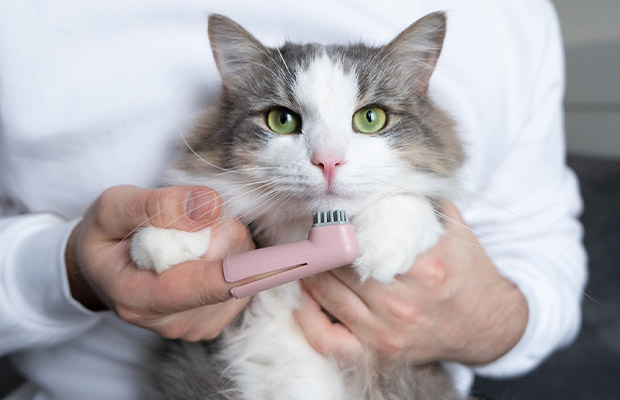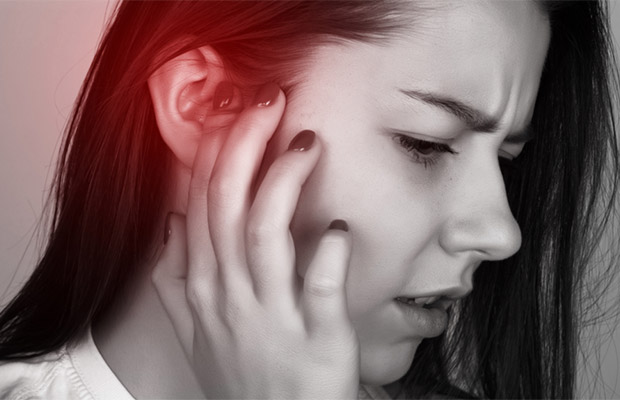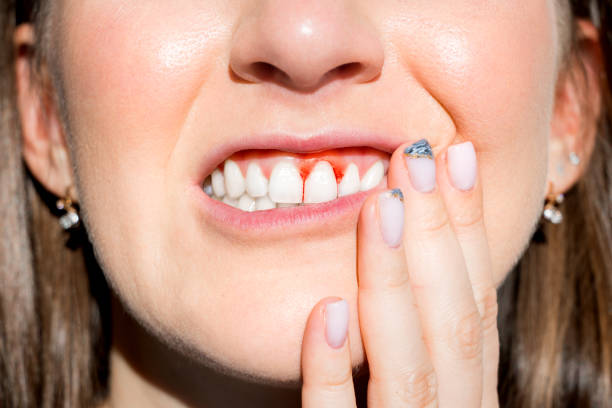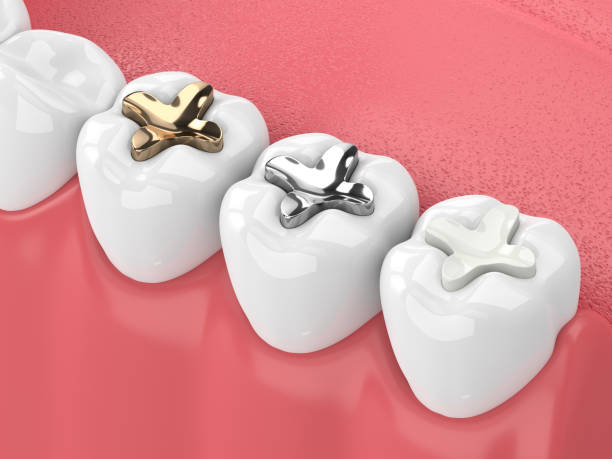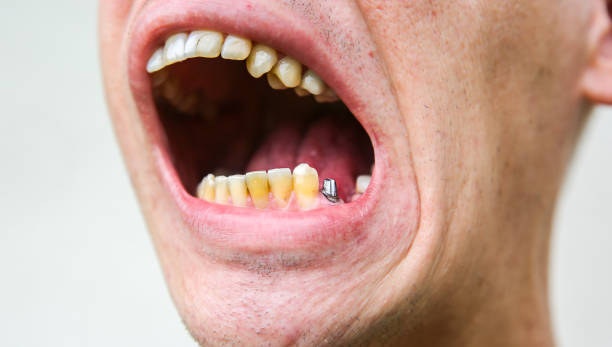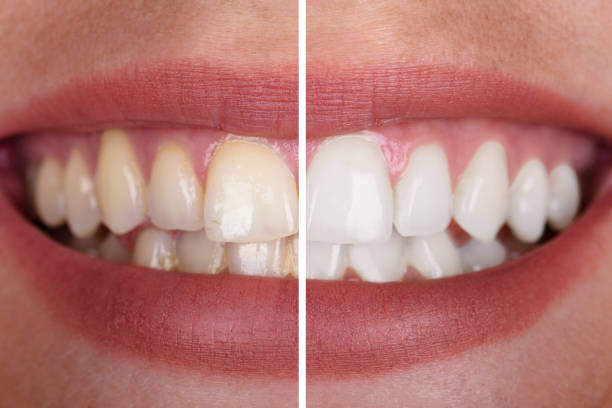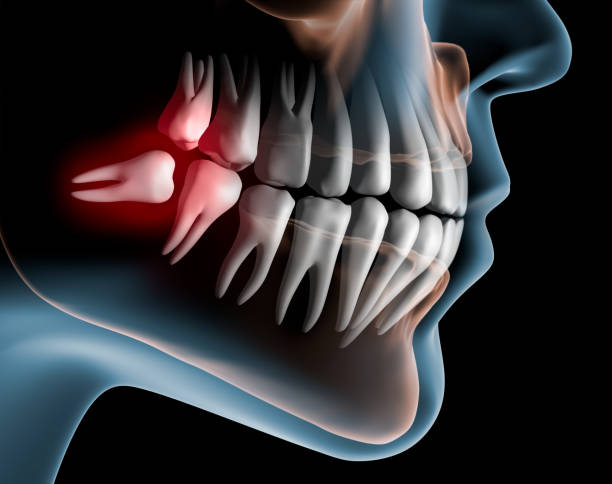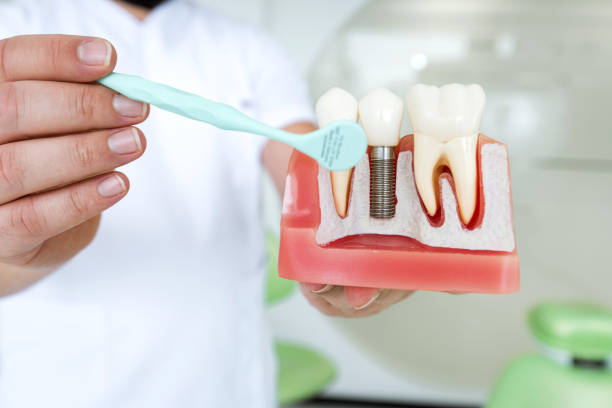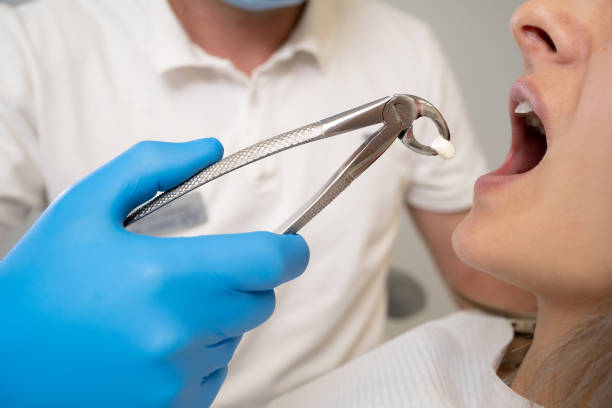If you enjoy smoking and are wondering if you can smoke after having your wisdom teeth removed, you’ve come to the right place because we’ll explain everything.
Getting your wisdom teeth removed is a common oral milestone, and usually not as bad as you think. Recovery time is influenced by your overall oral hygiene, your body’s capacity for healing, as well as other elements like your age and the length of the extraction itself.
Can you smoke after wisdom teeth removal? No, as smoking after wisdom teeth removal is definitely not a good idea — it can cause complications leading to infection and extended recovery time. Learn more about the dangers of smoking after having your wisdom teeth removed by reading on.
Table of Contents
Why Wisdom Teeth Extraction?
The third set of molars, also known as wisdom teeth, typically erupt when a person is between the ages of 17 and 25. The problem with wisdom teeth is that they frequently erupt at an angle or crowd the teeth that are already present. Most people should have their wisdom teeth removed due to these complications, according to dentists. If your dentist suggests extraction, they will have a conversation with you to walk you through the process and explain why you might need to have yours extracted. The process can be completed in a matter of hours and is fairly simple.
Read More:
Why is Not Smoking After Extraction Procedure So Important?
Generally speaking, the first few days following a wisdom tooth extraction procedure are uncomfortable but not particularly painful. The doctor will advise you on how to treat pain with icing and painkillers, as well as what foods to stay away from and, most importantly, what not to do. The main activity to avoid while recovering is smoking. Why?
Smoking should be avoided while your mouth is healing for a variety of reasons.
Smoking firstly exposes your mouth to chemicals that can stall the healing process. Your mouth tissues, including your gums, may be in danger from these chemical toxins. Additionally, smoking can lead to potentially serious complications including:
Dry socket: Your tissue will produce a blood clot as soon as a tooth is extracted to cover the exposed bone and nerve. The loss of that blood clot exposes the nerves and bone underneath, which can result in the dangerous condition known as dry sockets. Smoking can cause blood clots to become loose due to the act of inhaling and exhaling.
Dry sockets are characterized by an unpleasant odor and excruciating pain.
Furthermore, once the clot is lost, the healing process is markedly delayed, lengthening the recovery time.
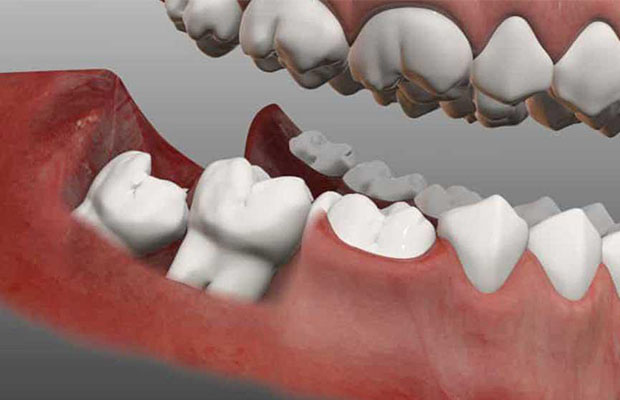
To allow your mouth to heal, you should refrain from smoking for about three days after your procedure. You may be in the clear and on your way to a full recovery if you can go three days without experiencing pain or other dry socket symptoms.
Inflammation, dry sockets, or problems with blood clots should be reported to your dentist or surgeon right away if you decide to smoke during the first three days of your recovery.
What Are the Risks?
The biggest danger of smoking after wisdom tooth removal is a condition known as dry socket. If you’ve ever talked to a smoker who has had wisdom teeth removed, they may have some knowledge of this condition. Normally, a blood clot forms in the tooth socket after a tooth extraction. This is beneficial and a typical aspect of the healing process. If the blood clot doesn’t form or breaks free before healing, the socket will become dry. This results in the exposure of every nerve under the tooth, which is a situation that is extremely painful.
If you smoke, the suction may remove or stop a blood clot from forming. Dry socket can also affect nonsmokers, but it is much more common in smokers.
How Smoking Leads to Complications?
Any use of tobacco products after oral surgery can slow healing and raise the risk of complications, in addition to smoking, which can impede the healing process. This is because tobacco products, such as cigarettes, can contain chemicals that can contaminate the wound site and slow or prevent healing. Wesuggests that if you smoke or use tobacco, don’t do so for at least 48 hours after surgery, and as long as you can after that.
How Does Smoking Increase Dry Socket Risk?
Smoking can also increase your risk of developing a condition known as dry socket after a tooth extraction. A blood clot that forms in the empty socket after a tooth extraction protects the bone and nerves beneath and aids in the healing process is known as a “dry socket.” Within a few days of the operation, severe pain may develop if anything prevents or prematurely dislodges the clot formation (such as the physical act of sucking on a cigarette).
You might also feel a little feverish, have a bad taste in your mouth, or experience pain that radiates from the socket to your ear, eye, or neck. When you look in a mirror, you might only see an empty space; this is known as dry socket.
If you experience any of these signs, call your dentist right away so they can clean out the socket and apply a medicated dressing. They might also prescribe you antibiotics, painkillers, and detailed instructions for at-home care.
How Soon Can I Smoke After Wisdom Tooth Removal?
It is in your best interest to stop smoking for as long as you can to avoid the risks mentioned above. However, your dentist or oral surgeon is the best person to ask this question if you smoke regularly and worry about experiencing severe withdrawal symptoms. The extent of the surgical complications in your specific case will determine how long the doctor will advise you to abstain from smoking. The typical window is 72 hours after the anesthesia wears off. But if you’ve been wanting to stop smoking for the sake of your health, a wisdom tooth extraction might be the perfect time to do so. Additionally, if you do decide to jump with the aid of some medication, don’t forget to check with your dentist to see if it is compatible with your ongoing post-surgery treatment.
Final Words: Quitting Smoking
If you smoke, quitting may be difficult even though you naturally want to avoid further complications after having your wisdom teeth removed. Even though you may want to quit smoking after surgery, it can be particularly challenging due to smoking’s addictive nature.
In conclusion, smoking can have a negative impact on your oral health and recovery after a tooth extraction procedure. Even with all the medication, the pain may get too much to handle. It is therefore best if you can avoid smoking for at least 2-3 days following your surgery, or even longer if your doctor advises it.
With the appropriate care—smoking is not allowed! — your recovery should go smoothly and you’ll be back to smiling in no time. If you want to learn more, reading our post on what to eat after wisdom teeth removal and when can you drink alcohol after wisdom teeth removal.

